The Doom of London
Book Excerpt
He called upon Grimfern, and the latter answered in his ear. Cynthia was crying pitifully and helplessly. Some women there were past that.
"For Heaven's sake tell us what we are to do," Grimfern gasped. "I flatter myself that I know London well, but I couldn't find my way home in this."
Something was licking Hackness's hand. It was the dog Kim. There was just a chance here. He tore his handkerchief in strips and knotted it together. One end he fastened to the little dog's collar.
"It's Kim," he explained. "Tell the dog 'home.' There's just a chance that he may lead you home. We're very wonderful creatures, but one sensible dog is worth a million of us to-night. Try it."
"And where are you going?" Cynthia asked. She spoke high, for a babel of voices had broken out. "What will become of you?"
"Oh, I am all right," Hackness said with an affected cheerfulness. "You see, I was fairly sure that this would h
Editor's choice
(view all)Popular books in Non-fiction, Short Story Collection, Science Fiction
Readers reviews
- Upvote (0)
- Downvote (0)
The Doom of London (1903) is a collection of six, loosely connected short stories all based on the near destruction of Great Britain's major city and does share some common characters. In the first story, a killer smog encompasses the city and in the next story, a severe diphtheria plague kills hundreds of the city’s inhabitants. In the third story, a massive blizzard buries the city The next three stories involve a massive explosion in London’s new underground tube service, the threat of the Thames being polluted with plague bacillus during a massive heat wave and two swindlers manipulating the stock market by making it crash resulting in a panic.
In almost all of the stories, science comes to the rescue though modern readers will roll their eyes at the uses technology is put to in order to save the day.
The book is an interesting, albeit pedestrian harbinger of the modern disaster novel, but it does give an interesting glimpse into a London long gone when the horse and buggy was being replaced by the motor car and the novelty of electricity was a new technology to light the darkest of nights and give birth to an exciting panorama of knowledge and new-fangled machinery.
Craig Alan Loewen
http://literary-equine.livejournal.com/

 Free Download
Free Download

















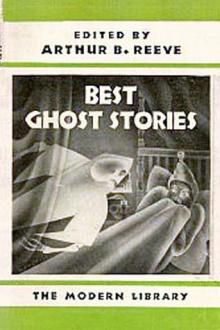

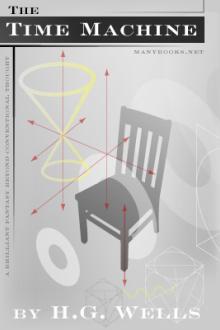
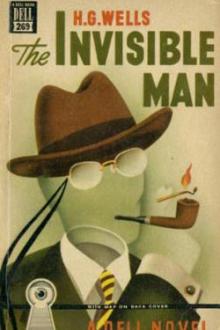
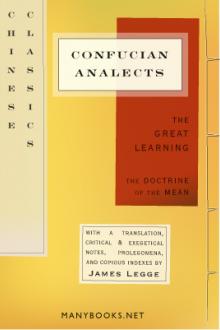
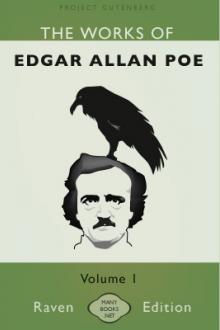
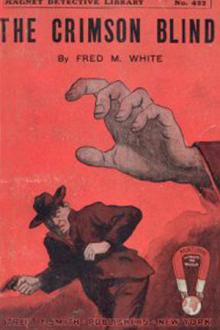
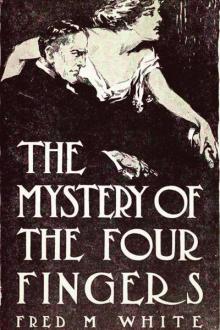

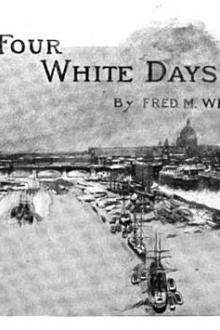
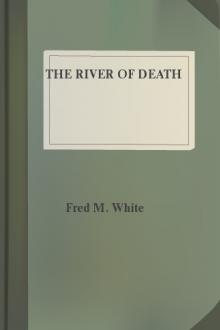
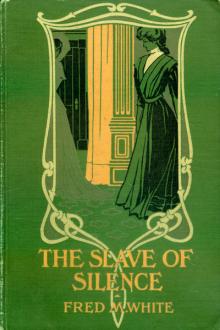
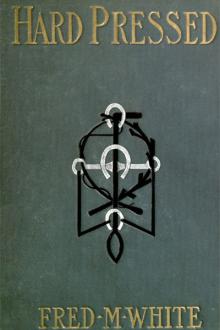
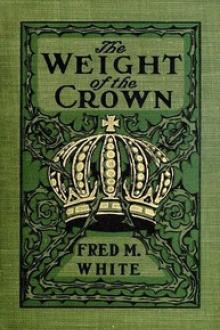
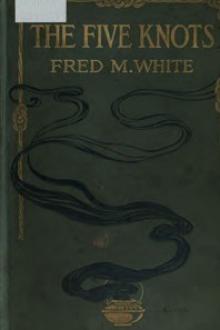
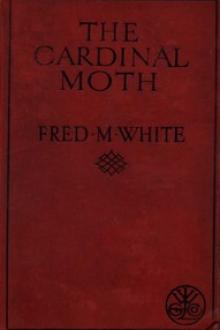
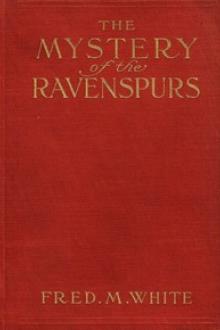
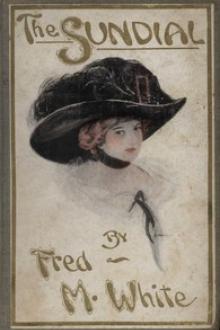
-itok=vcKIB5v1.jpg)